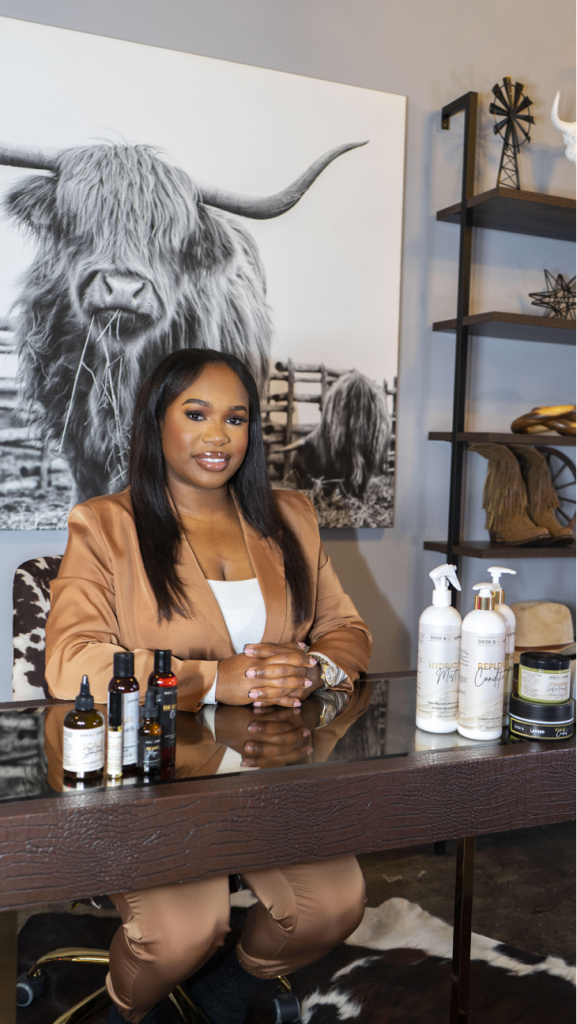Written By: Haley Swanson
Most of us have become so exhausted by the modern dating world that the signs of a healthy relationship probably don’t even cross your mind when coupling up. When a person comes along whose interests are the same, listens to you, and doesn’t mess up your Netflix recommendations, that’s good enough to call a relationship, right?
Take a beat: not all relationships are created equal. Before you jump off the diving board and into the pool of coupledom, first look for and evaluate the five signs of a healthy relationship according to the experts:
1. Respect
Okay we all want to be respected in our relationships but what exactly does that mean? According to clinical psychologist Franklin A. Porter, Ph.D. real respect occurs when, “your partner understands and accepts that you are, first and foremost, a unique individual.” You have interests, needs, and life experiences that are separate from your partner’s.
You don’t have to have everything in common to have a healthy relationship—but you do need to respect each other enough to work together when your personalities or backgrounds conflict.
2. Trust
This one might seem obvious, but it’s not—the definition of trust in a relationship is always changing. “There are many situations which might spark temptations, jealousy or insecurity for partners,” says Sari Cooper, AASECT certified sex therapist and the director of Center for Love and Sex. “Instead of dismissing concerns that a partner raises, it’s helpful for each partner to pro-actively reassure one another with compassion rather than dismissiveness.”
She encourages couples she works with to frequently reassure one another that they’re committed to the relationship. “This is a bit different than when you trust a partner to keep their word,” she says.
3. Communication
Listening is just as important in a relationship as talking—and as compromising, especially when you feel particularly strongly that you’re right, says Porter.
“It’s critical that both partners feel heard and understood first before they can move on to negotiating a compromise and or making a decision,” says Cooper. “Use deep breathing and grounding exercises to witness, reflect and empathize with your partner before expressing your own emotional reaction.”
4. Sex
This is a tough one, and not just for the obvious reasons (fickle libido, anyone?). “It’s important to note that some couples or partners don’t set sexuality as a priority for a partnership,” Cooper notes. However, if they do, it’s also important that, “they’re able to talk freely about their desires without fear of shaming, dismissive or disgusted reactions from their partner in response.”
This can include kink, fantasy, or monogamy vs polyamory. “For most couples, there are implicit expectations of sexual exclusivity when they partner or marry,” says Cooper. “The discussion of consensual non-monogamy or polyamory often comes up early on in a relationship as each individual has already identified with this lifestyle or has spent time doing reflective work on what they desire.”
Regardless, it’s an important talk to have, along with respect and understanding of, “whatever form your sex life might take and at whatever frequency,” says Porter.
5. Collaboration
Maybe you give your partner feedback on a run-through of their upcoming work presentation and they help you pot your geraniums even though they hate getting their hands dirty. Then, you go to the park because it’s their happy place even though yours is the movies. “While division of labor is necessary and inevitable, working (and playing) together improves relationships,” says Porter. “In a healthy relationship, you feel your partner is also a great friend who enjoys sharing myriad life experiences with you, both the mundane and the exciting.”
Follow Us On Social Media!




